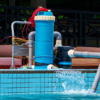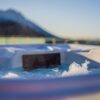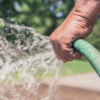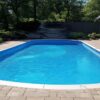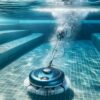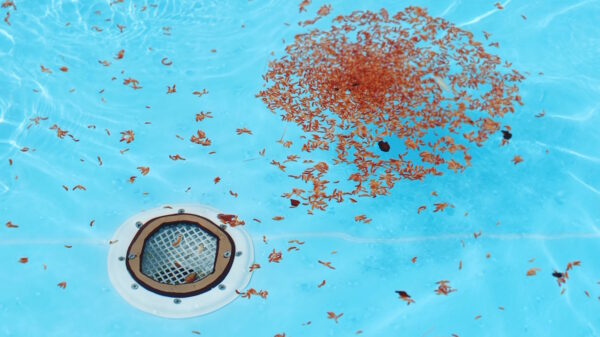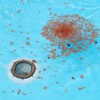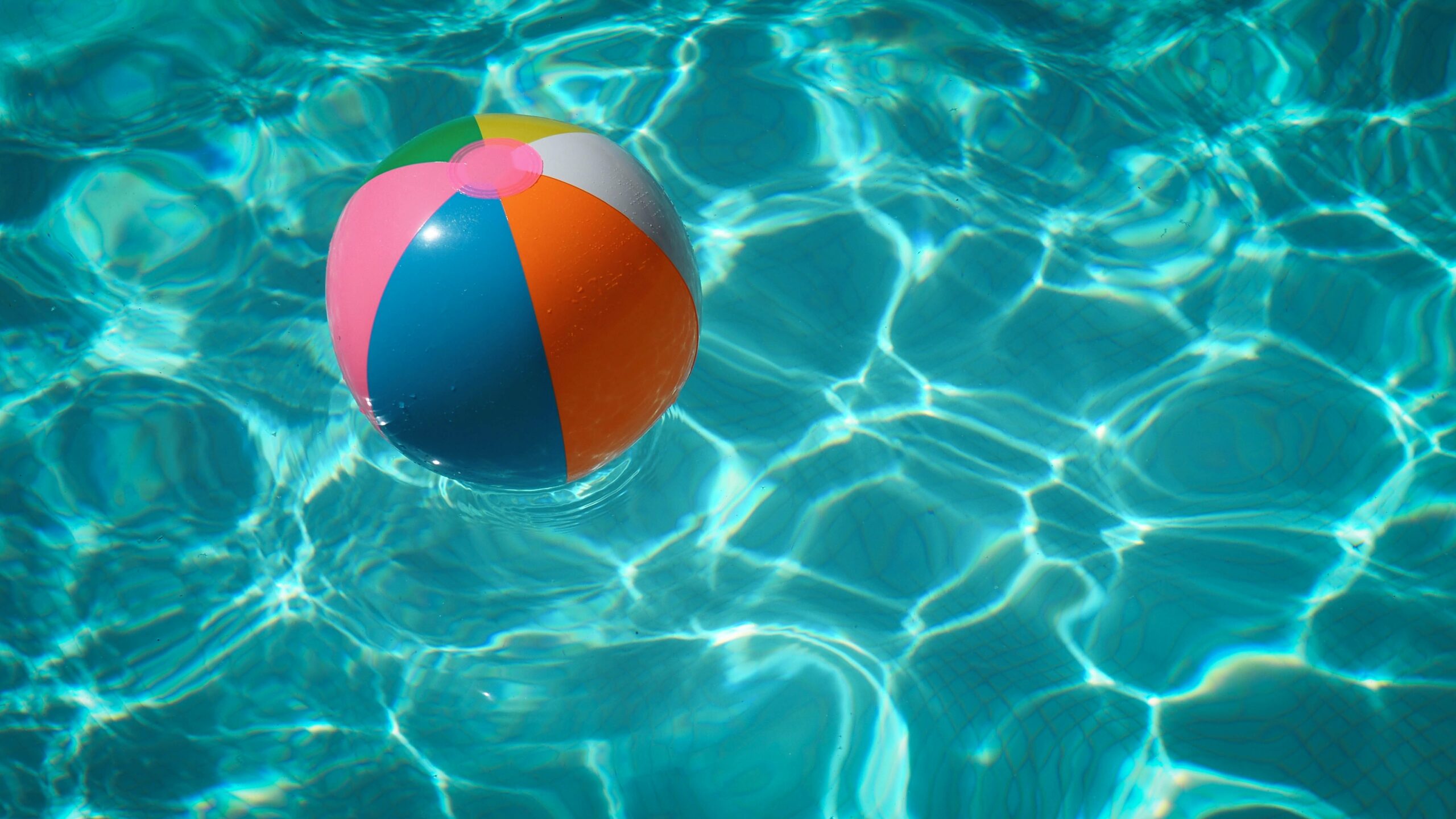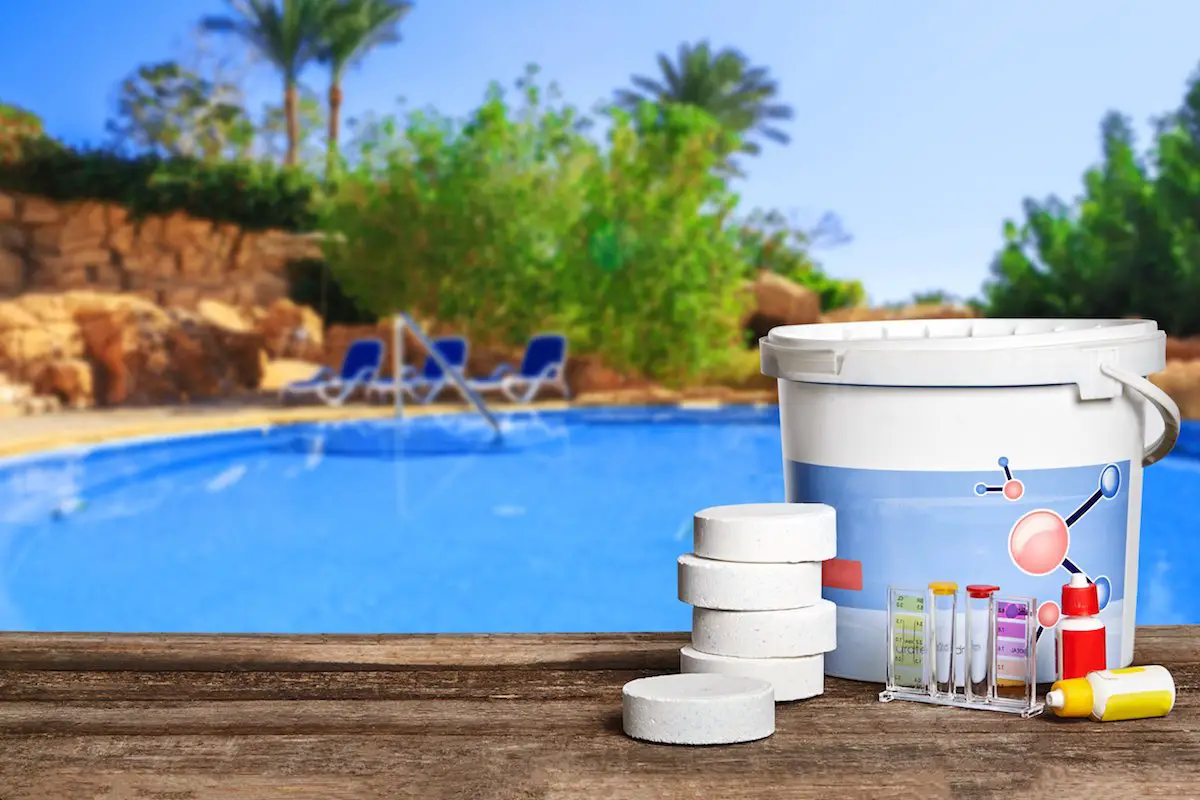Winter Pool Filtration Efficiency
As the mercury dips and ice crystals start to form, the silent and serene pool in your backyard faces a season of slumber. However, while winter brings a pause to the splashes and laughter, it does not dampen the need for proper pool hygiene and function. The cornerstone of a crystal-clear pool lies in its filtration system, a marvel of engineering designed to maintain water quality and clarity. In this exploration, we delve into the art and science of pool filtration, dissecting the essential principles that keep our aquatic havens pristine even when the chill of winter is at our doorstep. We embark on a journey to understand the variables at play in a season that brings both stillness and challenge to the waters that bask silently beneath the frost-laden skies.
The Fundamentals of Pool Filtration
The Dynamics of an Effective Pool Filtration System
In the domain of aquatic facility management, the question of effective pool filtration systems remains paramount. A filtration system of high caliber is not merely a supplementary component of a pool; it is a fundamental necessity for ensuring the health and safety of users, as well as the clarity and cleanliness of the water within the pool itself.
To understand what constitutes an effective pool filtration system, one must first consider the primary objective: the removal of debris, bacteria, and other impurities from the pool water. This process is essential to prevent the proliferation of pathogens and to maintain the aesthetic and functional integrity of the aquatic environment.
An effective system comprises several critical components, each playing an indispensable role. Firstly, the filter media is the heart of the system. The three common types of filter media are sand, cartridge, and diatomaceous earth (DE). Sand filters are known for their durability and ease of maintenance, utilizing a bed of natural sand to trap contaminants. Cartridge filters, on the other hand, incorporate pleated filters that offer a larger surface area and are known for their capacity to filter out finer particles. DE filters are remarkable for their superior filtration qualities, using fossilized remains of diatoms to sift out even the most minuscule impurities.
The second pivotal element in a filtration system is the pump, which propels water through the filter media, circulates the water throughout the pool, and ensures even distribution of chemicals. The efficacy of the pump is measured by its flow rate, which must be compatible with the size and volume of the pool, thus optimizing the filtration cycle.
Another vital aspect is the turnover rate, or the period required to cycle the entire volume of the pool water through the filtration system. Regulatory guidelines typically suggest that a well-designed pool filtration system should be capable of completing a turnover within a specific time frame, often ranging between six to eight hours.
Additionally, proper maintenance plays a crucial role in the efficiency of a pool filtration system. Regular cleaning and replacement of filter media are essential to maintain optimal performance. Sand in sand filters, for instance, should be replaced approximately every five to seven years, cartridges as often as every year, and DE powder should be replenished periodically.
An effective pool filtration system is further characterized by its adaptability to the unique challenges posed by different aquatic environments. For instance, a public pool with heavy usage will require a more robust filtration system than a private residential pool.
In conclusion, an effective pool filtration system is one that has a suitable filter medium, a well-matched pump with appropriate flow rate, a fast enough turnover rate to meet safety guidelines, and is maintained with scrupulous regularity. Such a system ensures a safe and pleasant aquatic environment for all users, and upholds the integrity and longevity of the pool itself.

Challenges of Pool Filtration in Winter
Winter conditions impose unique challenges to pool filtration systems by virtue of temperature fluctuations, environmental debris, and reduced usage patterns. As ambient temperatures descend, several physiological changes occur within the filtering matrix that can compromise its efficacy.
Firstly, filtration systems rely upon a specified hydraulic flow for optimal functionality. In colder environments, water becomes more viscous, increasing the resistance to flow. As such, the pump may require additional energy to maintain the requisite flow rates, which can result in increased mechanical wear and a subsequent rise in ongoing maintenance expenses.
Moreover, the contraction and expansion experienced as temperatures oscillate might afflict the structural integrity of the filtration components. These shifts can spawn cracks within the filter media housing, engendering leaks or, in severe scenarios, catastrophic filter failure. It is indispensable for pool owners to perform punctual inspections of the system to prevent such mishaps.
Environmental debris, such as falling leaves and twigs, becomes prevalent during the winter months due to deciduous trees shedding foliage. This additional waste can quickly clog filters, leading to hindered flow rates and diminished filtration efficiency. A proactive approach to debris management, including the utilization of pool covers and regular inspection of skimmer baskets, is germane.
Not to be overlooked, the turnover rate of pool water commonly diminishes in the winter months. Pools often experience reduced usage or are entirely vacated for the off-season. This respite in activity might lead pool operators to lower the pump’s operation time to save on energy costs. Nonetheless, it remains critical to maintain an adequate turnover rate to ensure that all of the pool’s water is still appropriately cycled and filtered, averting stagnation and the potential for algal blooms.
In summary, winter conditions necessitate conscientious and vigilant management of pool filtration systems. Attention to hydraulic dynamics, structural maintenance, debris control, and adherence to turnover rates are indispensable for the preservation of water clarity and hygiene during colder months.
Technological Advancements in Pool Filtration
In the realm of seasonal aquatic facility maintenance, the introduction of cutting-edge filtration technologies tailored for winter operation is of paramount importance. A vast array of advancements in this specialized field are poised to fortify the robustness and efficiency of pool water filtration during the colder months.
A promising technology currently emerging is the automation of pool systems, which allows for the remote monitoring and adjustment of filtration parameters. Through the use of sophisticated sensors and controllers, pool operators can now maintain an optimal filtration cycle, despite the reduced turnover rate typical of winter operation. This ensures an effective defense against the reduction in water quality that can occur due to lower temperatures and diminished usage.
Additionally, innovations have led to the development of freeze-resistant components within filtration systems. These components are designed to withstand the thermal vicissitudes of winter without succumbing to damage. By employing materials and engineering principles that accommodate expansion and contraction, these systems represent a significant step forward in preventing cracks and leaks that could otherwise be costly to repair.
Filtration enhancements also extend to the incorporation of variable speed pumps, which operate more efficiently under the various load conditions presented by winter operation. Unlike their single-speed counterparts, these pumps can adjust power consumption to the minimum required for maintaining water clarity and sanitation. This renders the system not only more energy-efficient but also more adaptable to the exigencies of colder climate operation.
Not to be overlooked are advancements in filter media technology. Novel materials are on the horizon that exhibit superior capabilities in trapping fine particulates while resisting clogging—a common issue in winter when heavier particulate loads can accumulate. These advanced media promise to extend the life cycle of the filtration system by reducing the frequency of maintenance and replacement, thereby enhancing overall operational continuity.
In summary, state-of-the-art filtration technologies for winter extend beyond the traditional realm of water treatment, integrating durable materials, precise controls, and energy-efficient designs. These systems provide a bulwark against the challenges posed by cold weather, ensuring the health, safety, and enjoyment of aquatic environments year-round. As the bedrock of a winterized pool maintenance strategy, these pioneering solutions represent a quantum leap in aquatic facility stewardship.

Maintenance and Energy Conservation Strategies
Ensuring Energy-Efficient Pool Filtration During Winter Months
The arrival of winter brings the notion of hibernation and reduced activity, yet for pool filtration systems, this season requires particular attention to efficiency and energy conservation. Proper functioning of pool filtration during colder weather is predicated upon meticulous energy management, mitigating the enhanced energy prerequisites induced by lower temperatures. While prior discussion has illuminated the pivotal components and practices of filtration systems, the emphasis now shifts towards the implementation of strategies that conserve energy without compromising filtration effectiveness during the wintry season.
One such strategy involves the utilization of pool timers to regulate pump operation periods. By synchronizing filtration cycles with non-peak energy hours, there is a substantial opportunity to decrease energy consumption. This judicious management of energy aligns with the cycles of reduced pool usage typical in the winter months, enabling an optimized filtration schedule that dovetails with the off-peak energy windows offered by many utility companies.
Additionally, thermal covers should be employed to curtail heat loss and diminish the infiltration of detritus. These covers serve a dual purpose; they not only conserve heat—thus reducing energy expenditure associated with heating—but they also inhibit organic matter from entering the pool, which, if not checked, necessitates additional filtration and escalates energy demand.
Another aspect to consider is the calibration of pump speed settings. Given that the need for circulation may diminish during winter, multi-speed and variable-speed pumps offer a significant advantage. They can operate at lower speeds, drawing less energy while still ensuring adequate water turnover to maintain clarity and sanitation. It is essential, however, to balance reduced pump speeds with the need to prevent water from freezing within the system, which would otherwise lead to damage and inefficiency.
Winterization of the physical components of the filtration system is an additional step toward energy conservation. By installing durable parts that are designed to withstand the cold, one can forestall the energy-sapping effects of damage and wear brought on by sub-zero temperatures. Insulation of exposed plumbing can further reduce the potential for heat loss and, by extension, energy wastage.
One area of burgeoning development in energy-efficient pool technology is the integration of smart control systems. These advanced systems permit the remote adjustment of filtration settings based on real-time assessments of weather and pool conditions. Through nuanced control, the potential for excessive energy use is significantly diminished, as the system can adapt to the minimal operational requirements necessitated by the specific conditions at any given time.
To encapsulate, maintaining efficiency in pool filtration during winter is a multifaceted endeavor. It warrants a harmonious blend of timing, energy-conservative pool components, strategic pool cover use, calibrated pump operations, and apt winterization practices. The combination of these approaches will contribute to a marked reduction in energy consumption while sustaining a pristine and healthy pool environment despite the cold. Such refinement of pool filtration systems emphasizes the continuous evolution and enhancement of technology aimed at preserving both environmental resources and the well-being of aquatic venues throughout the varying seasonal demands.
As the winter wanes and whispers of spring begin to color the horizon, the knowledge we’ve gleaned about pool filtration in the frosty months transforms into a tapestry of action and anticipation. Careful husbandry of our backyard oases, guided by the technological wand of progress and mindful considerations for energy use, forms the bedrock of a serene pool-bound winter. Embracing the maintenance and energy conservation strategies discussed, we not only protect our watery retreat but also steward the resources demanded by such havens of tranquility. And so, as the cycle of the seasons continues, we find ourselves equipped and ready, caretakers of the aquatic jewel that endures, resilient and resplendent, awaiting the warm embrace of summer once more.


